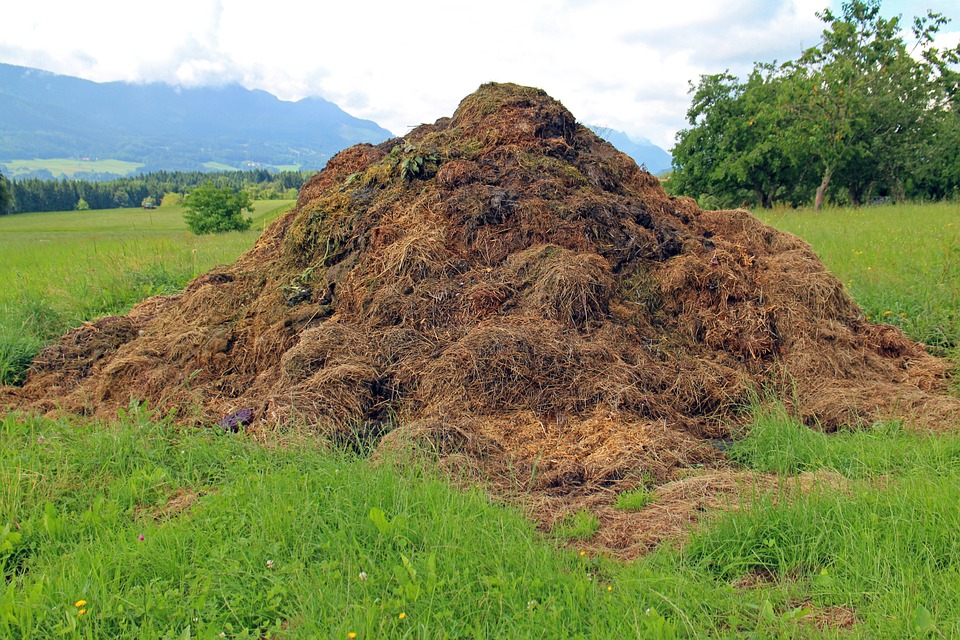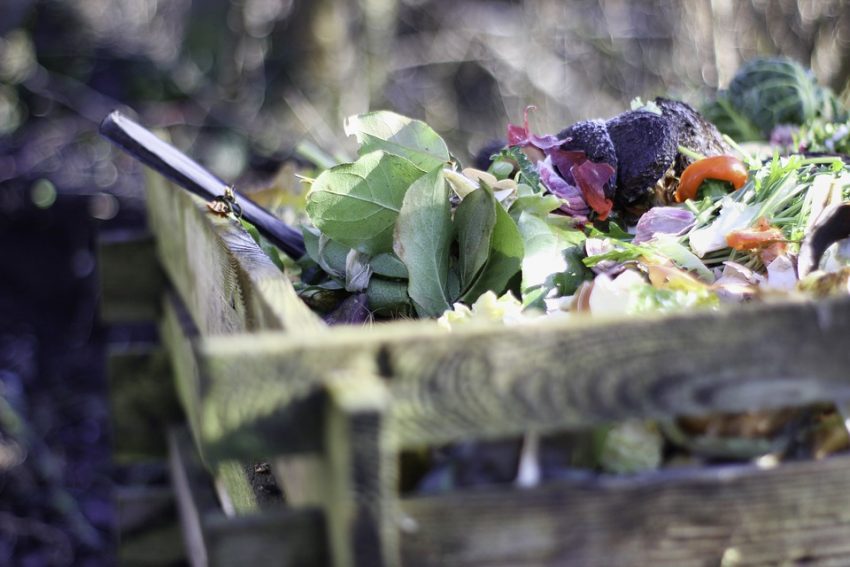Composting is the natural process of recycling decomposed organic material like leaves, shredded twigs, vegetable scraps, etc. so that it can be added to soil and support plant growth. But what’s so amazing about composting? Here are a few benefits that composting has on the environment and our lives!
1) Enriches Your Garden’s Soil
For the most prominent advantage of composting, look no further than the ground beneath your feet! Many gardeners use compost to provide nutrition to the soil. This is possible since compost attracts different life like bacteria, insects, fungi, worms, and others into the soil. These microorganisms help break down organic matter into nutrients such as nitrogen, phosphorus, and potassium, which are essential for the healthy growth of plants and help keep away from diseases. Moreover, those beneficial insects move through the soil and keep it well aerated, improving the soil structure and soil drainage. On the other hand, organic materials help to retain nutrients that might otherwise be washed away and prevent plants from growing stronger.

2) Helps Reduce Landfill Waste
Organic materials that are not composted and thrown away, end up in landfill waste where they use the ‘’ dry tomb’’ method to dispose of the waste materials in large quantities. The organic matter slowly decays in landfills with very little air and moisture, which results in the production of gasses such as methane, which is harmful when released into the atmosphere. Consequently, methane is burned off and releases a significant amount of other greenhouse gas emissions like carbon dioxide, which retains heat in the lower atmosphere and affects the earth’s energy balance. In contrast, when making compost, worms and other insects dig in, and their tunneling aerates the waste material with oxygen and water which aids in retaining moisture, producing less carbon dioxide, and little to no methane. In simpler words, making compost has a much small impact on the environment compared to a landfill.

3) Prevents Soil Erosion
Soil is one of our most precious resources. Not only does it provide us with materials we need to construct buildings but also helps in producing medicines. However, we are losing clean and arable soil at a rate that outstrips the pace of the natural processes required to replace it. Fortunately, studies show that compost application helps reduce soil loss by 86%. Compost aids in improving plant health by keeping roots firm in the soil. As a result, the roots stay in place even in heavy rainfall and strong winds, reducing the impact of soil erosion during flooding events.

With all of these great benefits, you should probably start making your own compost too!

